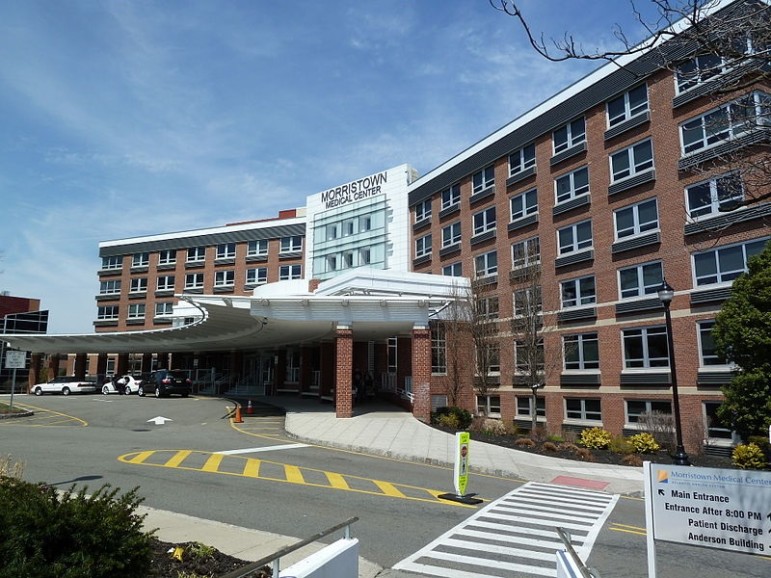
Many readers will remember NPQ’s nonprofit newswire coverage of the Tax Court decision in New Jersey in June of last year, which found that the Morristown Medical Center’s property was largely subject to property tax. The decision was based, among other things, on the salaries of the highest-paid staff and the fact that a portion of the property was used for profit-making purposes. In the decision, Judge Vito Bianco wrote, “If it is true that all nonprofit hospitals operate like the hospital in this case, as was the testimony here, then for purposes of the property-tax exemption, modern nonprofit hospitals are essentially legal fictions.”
The case was finally settled for $15.5 million, including penalties and interest, and an agreement to pay $1 million in annual taxes on 24 percent of the property over the next decade. This sent a ripple across the other nonprofit hospitals in the state and the municipalities in which they were based, and it was clear to most observers that other suits would likely be filed. Legislation meant to forestall legal action was successful but was vetoed by Governor Chris Christie. Meanwhile, 35 of the feared suits against hospitals have moved forward.
Sign up for our free newsletters
Subscribe to NPQ's newsletters to have our top stories delivered directly to your inbox.
By signing up, you agree to our privacy policy and terms of use, and to receive messages from NPQ and our partners.
A few of those hospitals have already settled with their municipalities. For instance, Trinitas Regional Medical Center in Elizabeth, N.J., will pay $250,000 per year from 2016 to 2019, an amount that will be revisited in subsequent years. And the JFK Medical Center in Edison, New Jersey will pay $500,000 a year in community fees while keeping the whole of its property tax exempt.
Governor Christie has called for a moratorium on the lawsuits until a study commission can be convened to find a systemwide solution, but there remains opposition to this study group.—Ruth McCambridge













